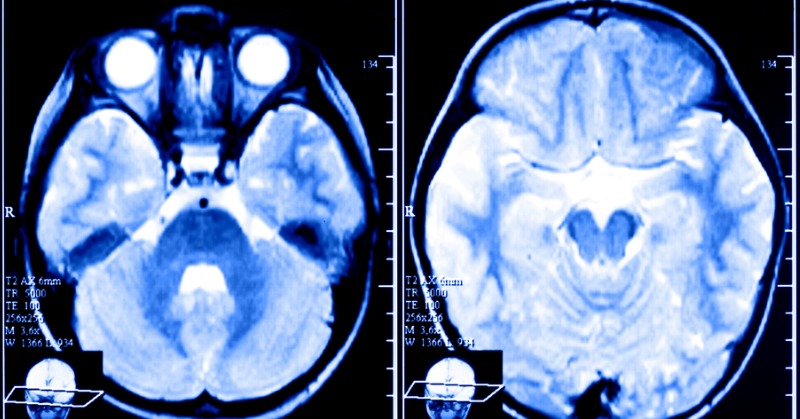 Is there more to depression than meets the eye? Is the “psychiatric condition” of depression painted by mainstream medicine and the pharmaceutical industry on the verge of being debunked? Imagine for a moment that depression could instead be a symptom of systemic inflammation in the body from being ill; relating to gut imbalances, stress, diet and undiscovered factors. To illustrate this further, here’s what the leading experts are saying.
Is there more to depression than meets the eye? Is the “psychiatric condition” of depression painted by mainstream medicine and the pharmaceutical industry on the verge of being debunked? Imagine for a moment that depression could instead be a symptom of systemic inflammation in the body from being ill; relating to gut imbalances, stress, diet and undiscovered factors. To illustrate this further, here’s what the leading experts are saying.
According to L.Ac Chris Kresser, “The idea that depression and other mental health conditions are caused by an imbalance of chemicals (particularly serotonin and norepinephrine) in the brain is so deeply ingrained in our collective psyche that it seems almost sacrilegious to question it.”
Kresser continues, “Of course Big Pharma has played a role in perpetuating this idea. Antidepressant drugs, which are based on the chemical imbalance theory, represent a $10 billion dollar market in the U.S. alone. According to the CDC, 11 percent of Americans over 12 years old take antidepressants, and they are the second-most prescribed medications (after cholesterol-lowering drugs). Doctors wrote a staggering 254 million prescriptions for antidepressants in 2010.”
Leading expert, Dr. Kelly Brogan, a holistic women’s health psychiatrist agrees that depression is not a chemical imbalance cured fixed by chemicals and that it’s time to let go of that false narrative. In her book, A Mind of Your Own, she writes: “Depression is a meaningful symptom of a mismatch, biologically, with lifestyle—we eat a poor diet, harbor too much stress, lack sufficient physical movement, deprive ourselves of natural sunlight, expose ourselves to environmental toxicants, and take too many drugs. Inflammation is the language that the body speaks, expressing imbalance, inviting change. We usually suppress these symptoms with medication but that is like turning off the smoke alarm when you have a fire going on.”
Caroline Williams of The Guardian reports on a similar note, “George Slavich, a clinical psychologist at the University of California in Los Angeles, has spent years studying depression, and has come to the conclusion that it has as much to do with the body as the mind.” George comments, “I don’t even talk about it as a psychiatric condition any more,” he says. “It does involve psychology, but it also involves equal parts of biology and physical health.”
The Guardian continues that depression symptoms mirror how a person feels when they are ill. “The basis of this new view is blindingly obvious once it is pointed out: everyone feels miserable when they are ill. That feeling of being too tired, bored and fed up to move off the sofa and get on with life is known among psychologists as sickness behaviour. It happens for a good reason, helping us avoid doing more damage or spreading an infection any further.”
Tim de Chant of NOVA, reports similar findings, “Inflammation is our immune system’s natural response to injuries, infections, or foreign compounds. When triggered, the body pumps various cells and proteins to the site through the blood stream, including cytokines, a class of proteins that facilitate intercellular communication. It also happens that people suffering from depression are loaded with cytokines.”
The experts make it clear that the tables are turning on the common acceptance that depression is merely a “chemical imbalance.”
Read more on this hot research topic from the following sources:
NOVA
The Guardian
Chris Kresser
Photo Credits: Depositphotos.com/merznatalia, Depositphotos.com/kmiragaya